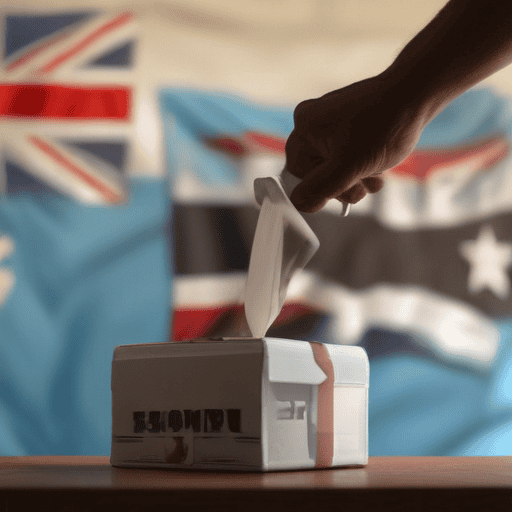Prime Minister Sitiveni Rabuka’s recent appointment of seven Opposition Members of Parliament from the Group of Nine (G9) as Ministers and Assistant Ministers signifies a noteworthy shift in Fiji’s political dynamics. This strategic maneuver underscores Rabuka’s political acumen while igniting vital discussions about its implications for the country’s democratic governance.
The G9 emerged following the deregistration of the FijiFirst party in July 2024, composed of members who deflected from the Opposition led by Inia Seruiratu. This coalition has enabled these MPs to operate independently within a Parliament dominated by traditional party lines. By integrating these individuals into his coalition government, Rabuka is reshaping political alliances and consolidating his authority in a parliamentary system where each vote holds significant value.
However, this development raises critical questions regarding the ambiguities within Fiji’s 2013 Constitution. Political analysts have noted the lack of explicit provisions addressing the situations where independent or crossbench MPs may join the government. Although Attorney-General Graham Leung asserts that the Constitution does not explicitly prohibit such actions, the lack of clear guidelines fosters uncertainty in governance and risks undermining parliamentary integrity.
Critics argue that Rabuka’s strategic maneuvering appears more focused on consolidating power, particularly with the 2026 General Election approaching, rather than fostering true collaboration. The absence of constitutional clarity regarding such appointments raises concerns about unchecked political maneuvering and could exacerbate existing skepticism toward political institutions.
Amid these complexities, Rabuka’s decision illuminates the pressing need for constitutional reforms that clarify ambiguous areas and safeguard against potential abuses of power. This pivotal moment in Fiji’s governance reflects ongoing challenges and opportunities, emphasizing the necessity for the nation to navigate changes judiciously.
With hopes for progress, Fiji faces the challenge of ensuring immediate political gains do not compromise the foundational principles of democracy. This situation could serve as a catalyst for much-needed reforms, promoting transparency and collaborative governance. By prioritizing democratic ideals, Fiji has the potential to emerge from this transitional phase stronger and committed to effectively serving the interests of all its citizens.
In summary, Rabuka’s appointment of G9 MPs marks a significant moment in Fiji’s political narrative, necessitating careful navigation to uphold democratic principles while adapting to evolving political dynamics. The outcome of this strategic move may ultimately foster a more resilient political landscape, capable of addressing Fiji’s democratic aspirations.

Leave a comment